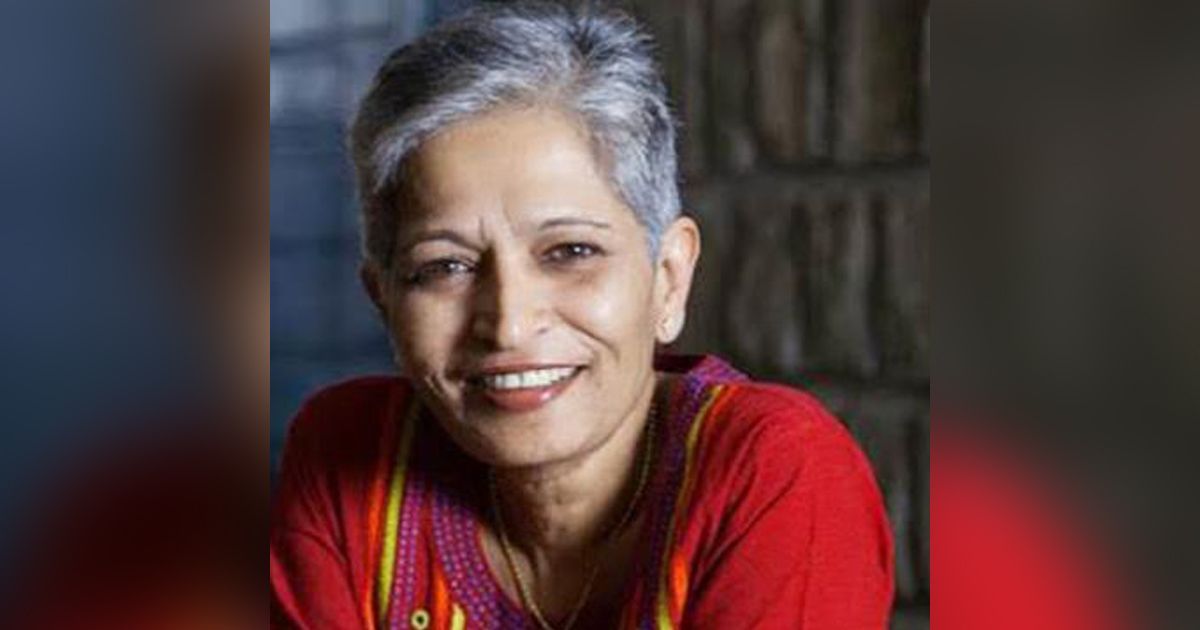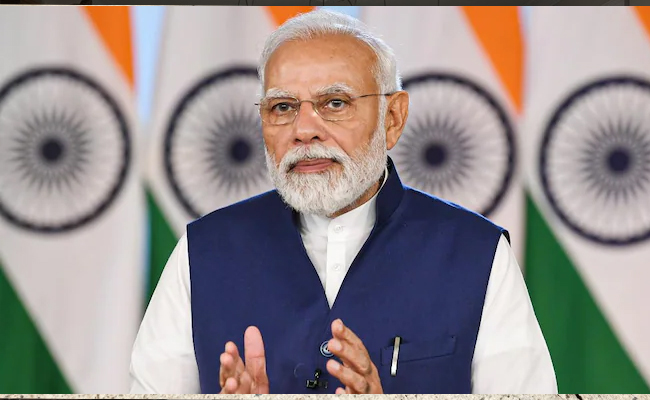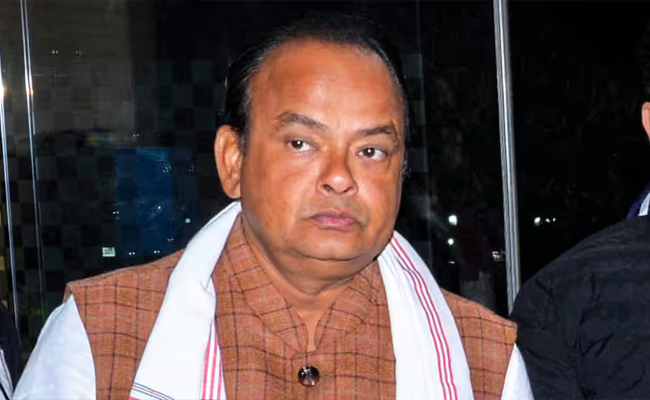New Delhi: The Supreme Court on Tuesday issued notice to the Karnataka government for quashing charges under the Karnataka Control of Organised Crime Act (KCOCA) against one of the accused in the murder case of journalist Gauri Lankesh.
The Apex Court was hearing an appeal filed by filmmaker Kavitha Lankesh challenging the move to remove the KCOCA charges against the accused number 6 in the case Mohan Nayak.
In the plea, Kavitha had stated that Mohan Nayak in the last few months had moved to Karnataka HC for bail after charges against him under KCOCA were mysteriously dropped by the police
The bail hearing is completed and is pending in the High Court, the plea said.
A Bench of Justices AM Khanwilkar, Dinesh Maheshwari, and Aniruddha Bose issued a notice in the matter to the Karnataka government and posted the case for further hearing on July 15.
Senior counsel Huzefa Ahmadi assisted by advocate Aparna Bhat represented the petitioner.
The Bench while issuing notice in the matter observed that the accused cannot be granted bail till the plea is heard and disposed of by the Supreme Court.
The order in challenge before the top court was delivered on April 22, 2021, by which the Karnataka High Court had quashed the order of Bengaluru Commissioner of Police passed in 2018 and the supplementary charge sheet filed thereafter.
Offences under Sections 3(1)(i), 3(2), 3(3) and 3(4) of the Karnataka Control of Organised Crime Act, 2000 (“KCOCA”) against Mohan Nayak were, thereby, dropped.
The appeal before the Supreme Court alleged that Nayak was actively involved in providing shelter to the killers prior to and after committing the offence.
Let the Truth be known. If you read VB and like VB, please be a VB Supporter and Help us deliver the Truth to one and all.
Ullal: The body of a 51-year-old physical education teacher was found in a well at his residence in Kondana, under the limits of Kotekar town, on Friday evening.
The deceased has been identified as Prabhakar Jogi, who was serving as a physical education teacher at the Government School in Kallarakodi, Naringana village. Police suspect that he may have died by suicide, allegedly due to health-related issues.
According to police, Prabhakar had dropped his daughter at Uchila School earlier in the day for the school anniversary programme and returned home.
He was later preparing to attend the same event along with his wife and son, when he suddenly went missing. A search was launched by family members, following which his body was found in the well located at his house.
ALSO READ: Delhi: Married man stabs lover after fight over forced abortion, arrested
Police said that Prabhakar Jogi was reportedly suffering from a neurological disorder. He had served in several schools across Ullal taluk and was actively involved in organisations of physical education teachers.
Ullal police visited the spot, conducted an inspection and sent the body for post-mortem examination.
In his complaint to the police, Prabhakar’s son, Sai Tejas, stated that his father had jumped into the well and that there was no suspicion surrounding the death.
Based on the complaint, a case has been registered and further investigation is underway.





